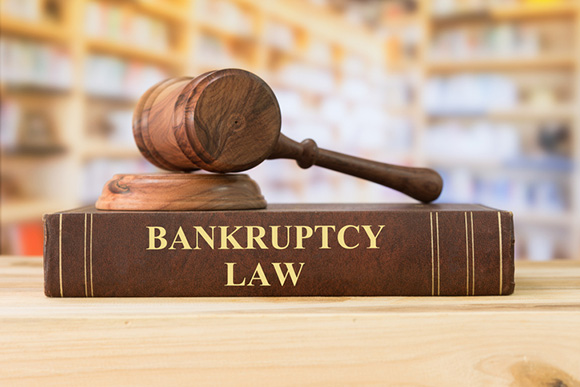If you’re struggling with overwhelming debt, you may have found this page trying to learn about your options. Debt consolidation may be an option for you. Bankruptcy might be a good idea, too. How do you know what’s right for you and whether you will need the help of a Las Vegas bankruptcy lawyer? Here’s what you should know about bankruptcy vs. debt consolidation in Nevada.
Debt consolidation and bankruptcy are two ways that you can take action if you have too much debt. Debt consolidation is an action that you take on your own while bankruptcy is a formal legal action. Both types of action can help you address debt, but it’s essential to choose the right option for you. The two options have different qualifications as well as pros and cons.
Debt consolidation is a private process that lets you combine all of your debts into one, joined debt with a lower payment. In debt consolidation, you put all of your debts together. In the process, you negotiate a lower payment that allows you to make progress paying off your debts.
With debt consolidation, you pay off your existing debts and take out one, new debt. You can negotiate lower interest rates, waive late fees, and settle existing debts for the best rates possible. When you’re finished, you have a low, manageable payment that allows you to get your financial footing and get on track for the future.
Bankruptcy is a formal legal process that allows you to erase certain debts without paying them. In bankruptcy, you file a legal action stating that you are unable to pay your debts. If you meet qualifying conditions, you can completely erase certain types of debts including credit cards.
Some rules and regulations apply to your income and your assets that may impact the outcome of your bankruptcy filing. When bankruptcy is the right choice, bankruptcy can completely wipe certain debts clean and give you a fresh start.

To qualify for debt consolidation, your debt should be lower than approximately 40 percent of your assets. Your debts should be such that with a lower payment, you can expect to pay them off in a reasonable period of time. In the process, you’re going to take out a new loan, so your FICO score should be at least 600.
Debt consolidation doesn’t erase the debt. You must pay it all back. You can use debt consolidation to lower your interest payments considerably, so that helps. But you should still work through a plan to ensure that you can pay back all of your debts.
To qualify for Chapter 7 bankruptcy, you must pass the means test. Your income must be below the median state income based on your family size. In addition, you must not be able to pay your debts with your existing assets.
Chapter 13 bankruptcy doesn’t have income restrictions, but you must make payments over time. If you can afford to make payments in a bankruptcy proceeding, you should also consider whether you can afford to make payments through a debt consolidation plan.
Here are some statements that may apply to you if debt consolidation is right for you:
Here are some statements that may apply to you if bankruptcy is right for you:
There are fees associated with both bankruptcy and debt consolidation. In addition, in a bankruptcy proceeding, discharged debts may count as income on your next tax return. You may include some types of student loans in debt consolidation. Debt consolidation preserves your credit score, but it also requires you to repay all of your debts whereas bankruptcy allows you to erase some debts forever without payment. Neither debt consolidation nor bankruptcy enables you to erase child support or alimony obligations.
You should file for bankruptcy if you want to erase debts entirely and if the terms of the bankruptcy are more favorable than debt consolidation for your situation. You should file for debt consolidation if you can afford to completely repay your debts once they’re under consolidation with more favorable terms. Whether you should file for bankruptcy or pursue debt consolidation depends on your personal situation.
The best way to determine whether bankruptcy or debt consolidation is right for you is to speak with an experienced attorney. At Half Price Lawyers, we offer confidential consultations about your financial situation. We can help you determine the best path to financial freedom. Call us today for an immediate consultation.
Our Las Vegas offices are centrally located downtown at:
732 S. 6th Street
Suite 100
Las Vegas, NV 89101
With easy access to major freeways and relevant courts, it’s easy to get the affordable legal representation you need. You can find our location and get directions to come to meet with our attorneys in the map below: